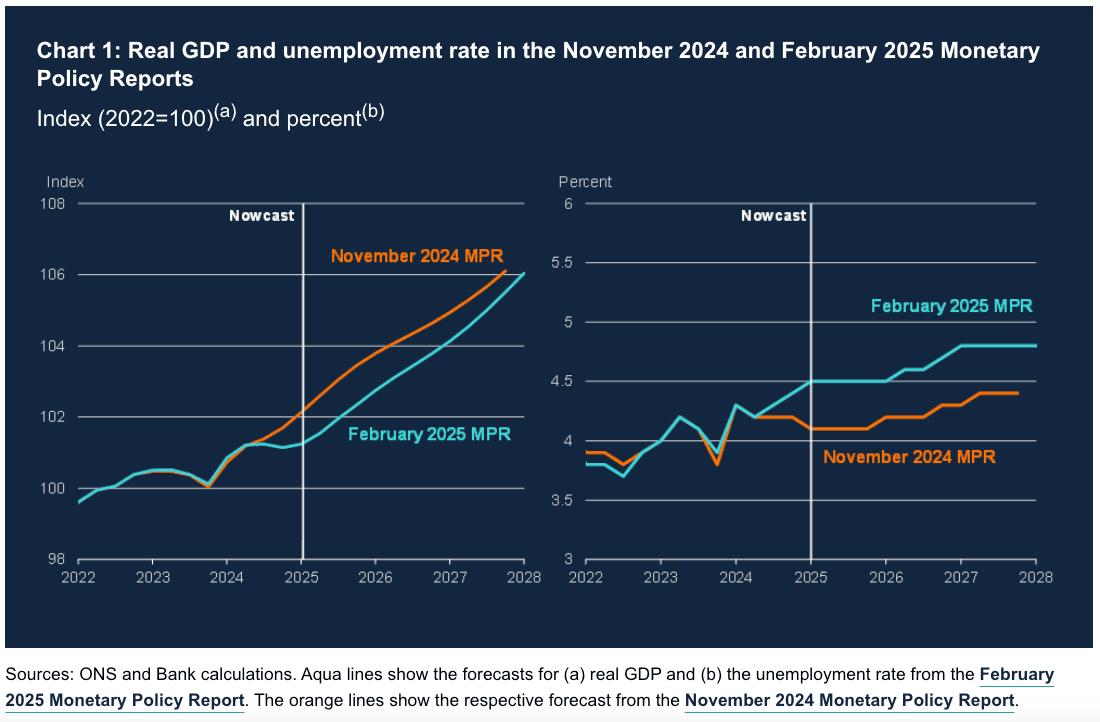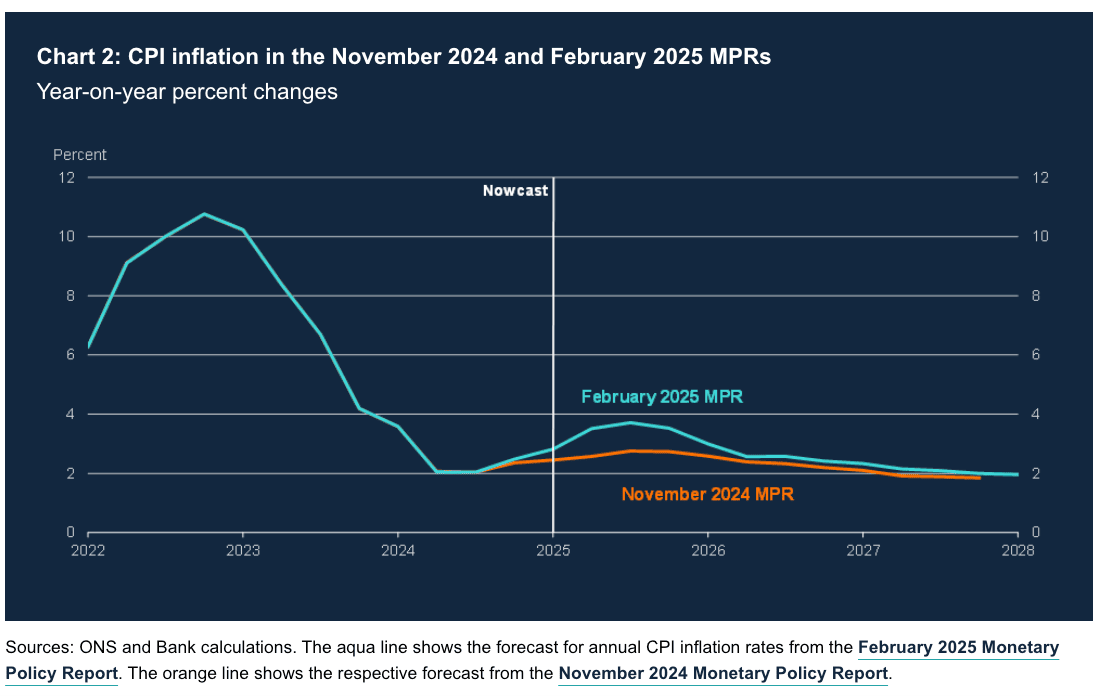Bank of England's Mann Wanted 50bp Cut To Get Ahead of the Slowdown
- Written by: Gary Howes

Above: Catherine L. Mann, image: Pound Sterling Live and Bank of England.
Catherine Mann says she voted to cut the Bank Rate by 50 basis points due to surprisingly weak economic activity, but warned it was no sign of victory against inflation.
She describes her decision to hop from holding interest rates in December to slashing them by 50bp in February - when the majority of her peers preferred a 25bp cut - as being reflective of her "activist" approach.
"Economic and financial conditions... led me to vote for an 'activist' 50 basis point cut," explains Mann in a speech delivered Tuesday.
The decision surprised analysts as Mann was expected to be amongst those who would err on the side of caution.
Her vote change signalled that the Bank would be more prone to accelerating the pace at which it cuts interest rates in the coming months, prompting weakness in the Pound.
Mann has a history of wanting to 'front load' policy decisions, sometimes arguing for 50bp rate increases when her peers were intent on 25bp increments during the rate-hiking cycle.
She argued at the time that it was more prudent to act forcefully earlier on in the cycle than to drag the process out, as this risked unintended second-round effects.
With the economy slowing Mann is worried that being too slow might result in unnecessary economic decline.
"The main uncertainty that I have worried about is the propagation of shocks into non-linear and asymmetric dynamics in the inflation process which, in my view, requires a different risk management strategy. I call this strategy ‘activism’," she explained in a speech to Leeds Beckett University.
Mann says data and survey evidence available at the February meeting pointed to the potential for a non-linear adjustment in the labour market, which would accentuate weak demand.
This, "allowed me to look through the inflation hump, and vote to cut by 50 basis points," she explained.
Although the Bank cut its growth and employment projections, it also raised its inflation forecasts, which raises questions about whether now is the right time to accelerate the rate-cutting process.
However, Mann is not calling for victory on inflation and says she is not advocating for an era of low rates either.
"As an activist policy maker, I chose 50 basis points now, along with continued restrictiveness in the future, and a higher long-term Bank Rate to 1) 'cut through the noise', 2) anchor expectations through the inflation hump, and 3) acknowledge structural impediments and macroeconomic volatility in the longer term."
She still thinks the Bank Rate will need to stay higher than it otherwise would have because the Bank will have to counter the combination of larger or more prevalent shocks and downwardly rigid wage and price responses.
Mann expects that Bank Rate will average well above the nominal equilibrium rate implied by the estimates set out before the pandemic.





